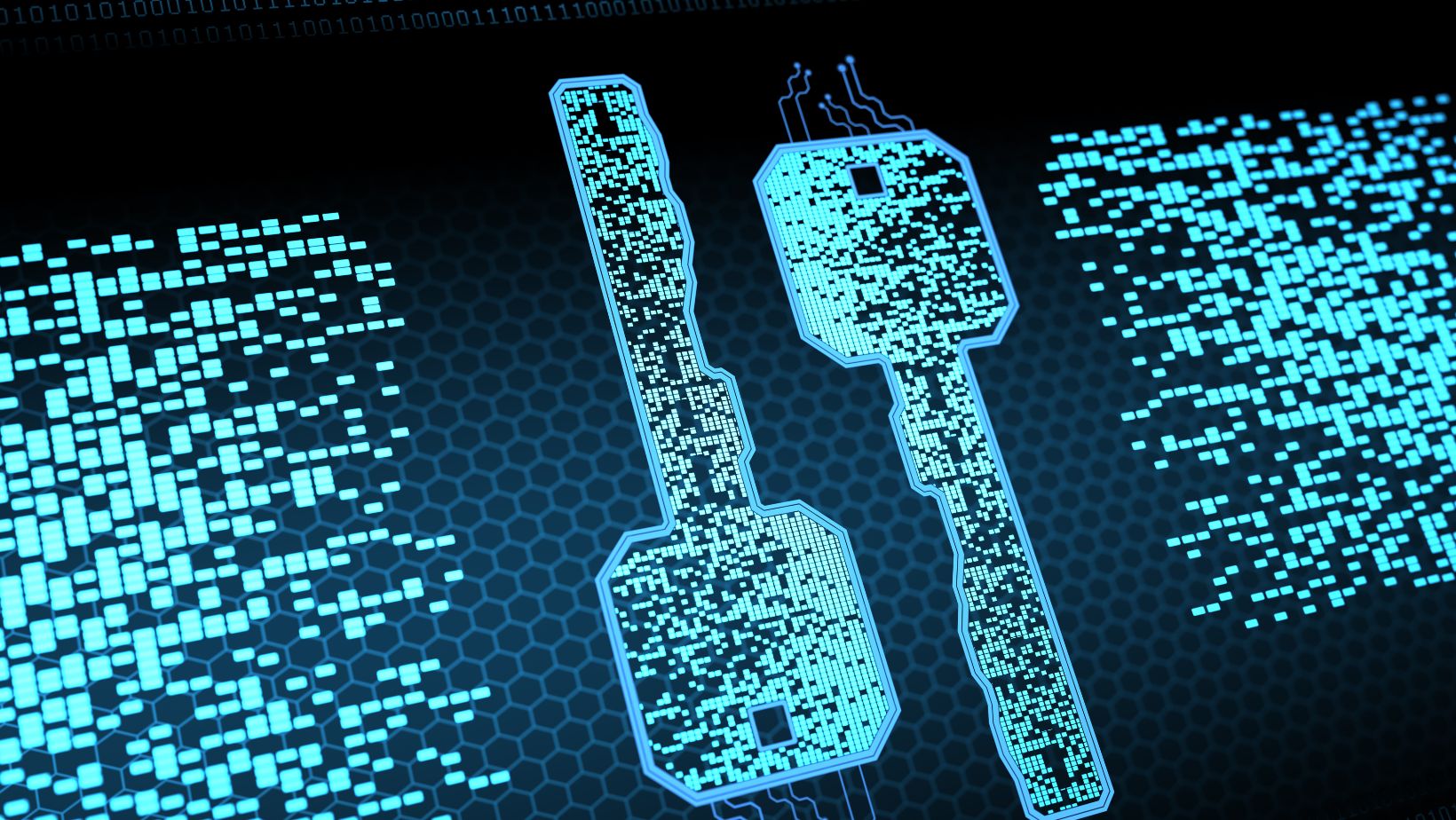In a world where technology continues to reshape our daily lives, digital key technology is emerging as a game-changer in the field of security and access control. While traditional physical keys have been around for centuries, digital keys are rapidly gaining popularity for their convenience, security, and innovative features. But does this mean the end of physical keys? This article explores how digital key technology works, its advantages, and the challenges it faces. For instance, first, we had hand cranks for the cars. Then, real keys, followed by key fobs. And now we have “digital keys,” which enable you to lock, unlock, and start your car from your phone.
What Is Digital Key Technology?
Digital key technology refers to the use of electronic devices, such as smartphones, key fobs, or smart cards, to unlock doors, gates, and other secured areas. Unlike physical keys, which require manual insertion and turning, digital keys communicate wirelessly with locks through technologies like Bluetooth, NFC (Near Field Communication), or Wi-Fi. This shift from mechanical to digital has opened up new possibilities for how we secure and access spaces, from homes and offices to cars and hotels.
How Do Digital Keys Work?
Digital keys typically function by sending an encrypted signal from the device (e.g., a smartphone) to a digital lock. The lock receives the signal, verifies the authorization, and then grants or denies access. The process involves pairing the digital lock with a specific device using a secure app, which stores encrypted credentials. When the device comes close to the lock, it sends an encrypted signal, and the lock verifies the credentials before unlocking. For locksmiths, understanding these systems has become essential to keep up with the latest trends and provide services on demand as more customers are moving toward digital solutions.
Advantages of Digital Keys
The popularity of digital keys has been driven by several benefits. One of the most significant is convenience. No more fumbling through a set of keys — access is granted with just a tap on your smartphone. This is especially useful for managing multiple entry points, like in office buildings or rental properties.
Digital keys also offer robust security features. They can be encrypted to prevent unauthorized duplication and often include two-factor authentication (2FA) for added protection. Additionally, digital keys can be remotely deactivated, which is useful if a device is lost or stolen. For locksmiths, offering digital solutions opens up opportunities to serve a more tech-savvy clientele.
Another advantage is the ability to monitor access. For businesses and property managers, digital keys make it easier to track who enters and exits a building, and when. This feature allows for better security monitoring and auditing. Integration with smart home systems is another benefit, allowing users to control locks, lights, cameras, and alarms through a single app. Locksmiths can help customers set up these systems, providing enhanced security and convenience.
Challenges and Limitations
Despite the many advantages, digital keys present certain challenges. While they offer convenience, they rely on electronic systems, which can sometimes fail. If a smartphone battery dies or there is a network outage, users might find themselves locked out. Manufacturers are working to minimize these risks by providing backup options, like mechanical key overrides or emergency access codes. Locksmiths are often called to assist in such situations, reinforcing the need for traditional skills alongside modern tech knowledge.
The shift to digital also introduces new security risks, such as hacking and unauthorized access. Although encryption helps, the security of digital keys can still be compromised if hackers find vulnerabilities. Ensuring strong security standards and regular updates is crucial for protecting users.

For digital keys to fully replace physical ones, users must be willing to adopt and trust this new technology. This transition may take time, especially among those accustomed to traditional locks. Locksmiths play a key role in helping customers understand and trust digital systems by providing reliable installation and support services.
Conclusion
Digital key technology is transforming the way we think about security and access. While it may not yet completely replace physical keys, it offers significant benefits in terms of convenience, security, and integration with smart systems. As the technology matures and overcomes its current challenges, digital keys could become the standard for homes, vehicles, and businesses worldwide.
For those considering the switch, it’s important to weigh the benefits against the potential risks. Locksmiths can provide valuable assistance in understanding and installing digital lock systems, ensuring that customers receive reliable, secure, and efficient solutions. Whether you’re looking to enhance home security or streamline business operations, digital key technology promises a future where access is just a tap away.


























































































